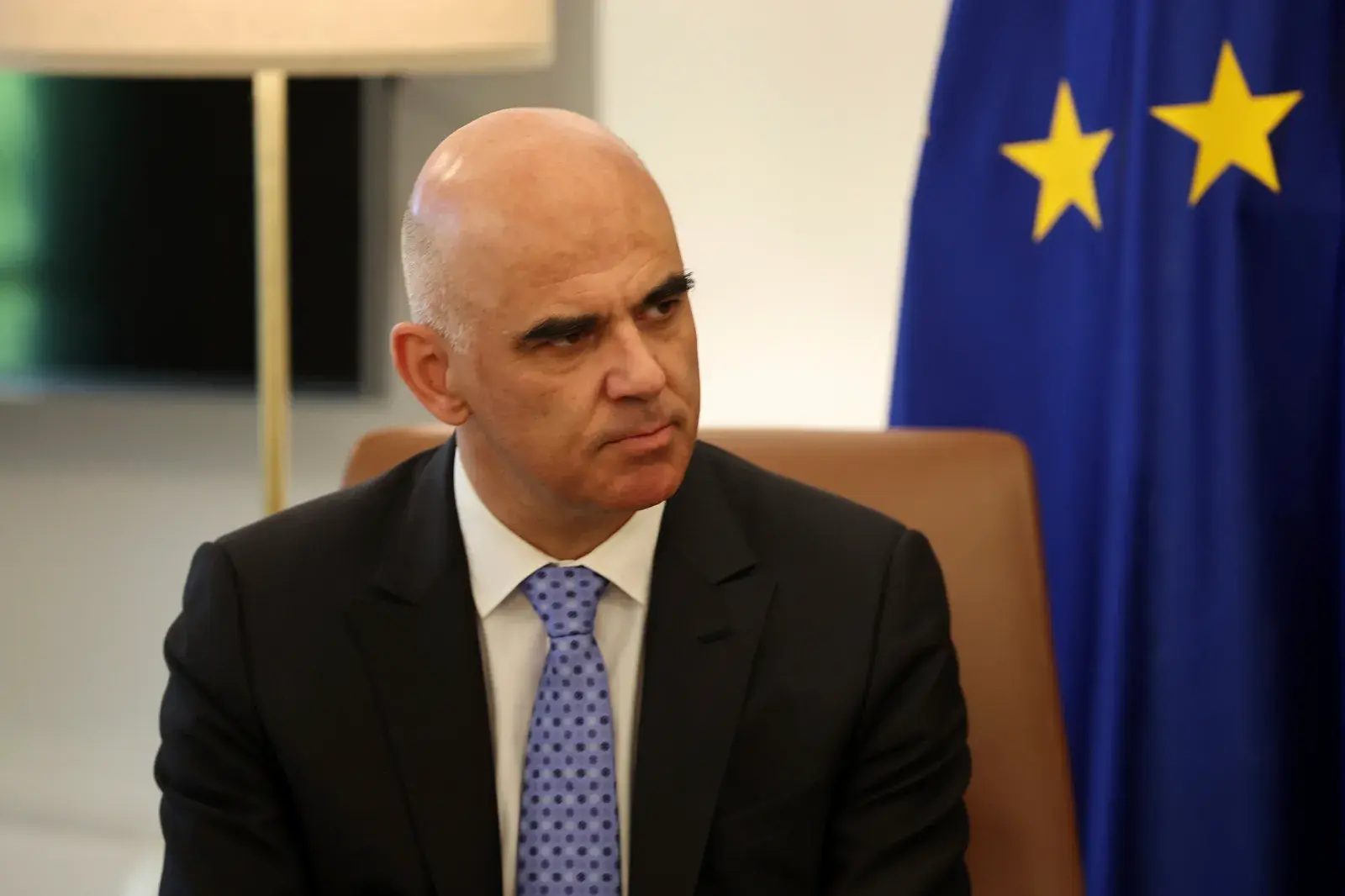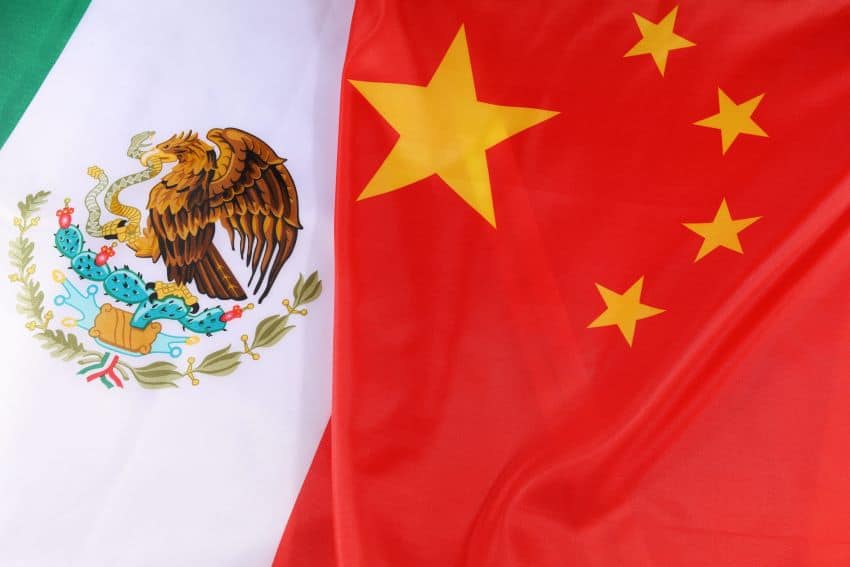By Tom O’connor
Copyright newsweek

The head of Europe’s oldest intergovernmental organization has warned that the West is caught in the throes of a series of crises that bears the real risk of undermining democracy, stability and rule of law, telling Newsweek that urgent measures were needed to rebuild trust in institutions designed to uphold these values.
In an interview on the sidelines of the U.N. General Assembly, Council of Europe Secretary-General Alain Berset outlined a “sequence of crises” dating to at least the 2008 financial crash that has sowed the seeds of discord contributing an uptick in unrest, conflict and various forces seeking to upend the current order across the continent and beyond.
“Financial crisis, debt crisis, the first stage of the war in Ukraine, just to take this example, that means war again on the European continent,” Berset, who previously served as president of Switzerland from 2018 to 2023, told Newsweek. “Then we had the rise of populism, the crisis of multilateralism. We have had pandemics, the full-scale invasion of Ukraine and, during all the time, the climate crisis.”
“It’s not one crisis, it’s the perfect storm,” Berset said. “It’s creating instability, and it means that it’s destroyed perspective, and this has also destroyed trust in institutions.”
The situation, he argued, calls for massive investment in “comprehensive security,” and not just the kind of “hard security” to which the European Union has pledged some 800 billion euros on defense this year.
“I think this divide between hard and soft security is outdated,” Berset said. “There is no chance to have stability with this huge amount of investment in military and defense without investing at the same level—maybe not the same amount of money, but at the same level of engagement—on democratic security.”
Council of Europe Secretary-General Alain Berset attends a meeting with Cypriot President Nikos Christodoulides (not pictured) at the Presidential Palace in Nicosia, Cyprus, on September 8. Yiannis Kourtoglou/Pool/AP
No Going Back
The concept of “democratic security” was first outlined by the Council of Europe at the 1993 Vienna Summit, which took place just two years after the collapse of the Soviet Union and the effective end of the Cold War. Hopes were high then as countries once part of the Iron Curtain began to embrace the Council of Europe’s mission “to promote democracy, human rights and the rule of law across Europe and beyond.”
This mission began in 1949, four years after the end of World War II, with the Council of Europe’s establishment as the first major collective institution of Western European nations, shortly before the formation of the European Union.
Berset believes strongly in this mission today, at a time when the Council of Europe counts some 46 member states—more than the EU. At the same time, he acknowledges, “we have also been a bit naive” in not foreseeing and sufficiently addressing the trends that have shaped what he called “the new reality” the continent now faces on multiple fronts.
“This new reality, it’s not only the geopolitical realities, it is also with technology, really a huge revolution,” Berset said, “and what social media, artificial intelligence, deepfakes, what the division of societies, division of debate, polarization, hate speech, means for democratic debates.”
“There is no journey back to the ancient world,” he added. “We need to adapt to the new one. And I think it is a deep crisis. And the best thing that we can do is to go with full engagement to renew this order because there is no better alternative.”
A map shows the 46 member states of the Council of Europe. Council of Europe
Turning the Tide
Yet polls across Europe suggest more people, particularly younger generations, are losing faith in democracy. A survey published in July by the Germany-based TUI Group found that less than 60 percent of respondents ages 16 to 26 believed democracy was the best form of government and more than one in five would back a more authoritarian rule.
Meanwhile, parties espousing nationalist rhetoric are on the rise across Europe, with right-wing nationalist movements counting historic electoral turnouts in a number of nations.
Berset acknowledged that skepticism toward democratic institutions was breeding calls for stronger leaders and even the dissolution of parliamentary and electoral systems but asserted that such thinking was “wrong.” He argued it would be incumbent upon the Council of Europe and its member states to work toward creating “new perspectives” capable of steering the continent away from a grim trajectory.
“The risk is that now in this crisis, it is quite unpredictable,R…



